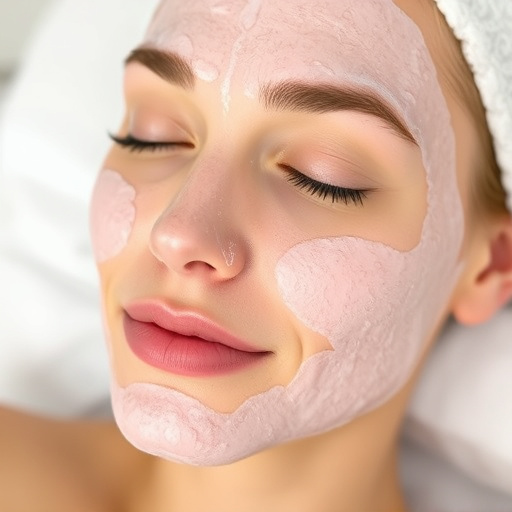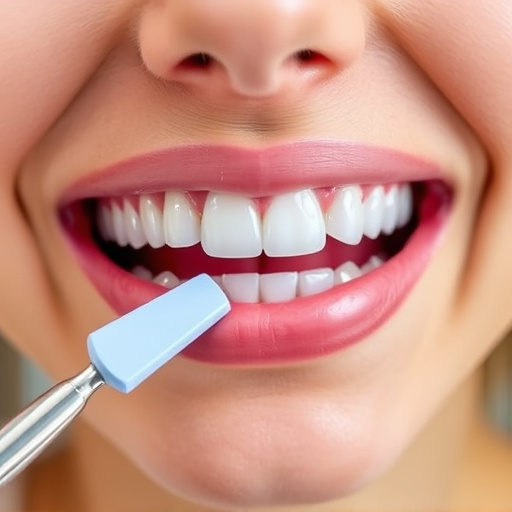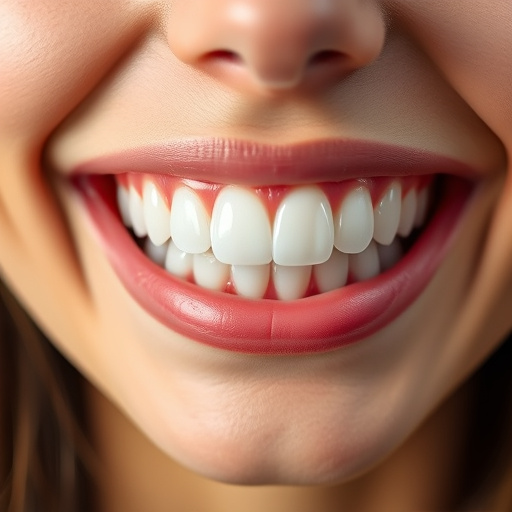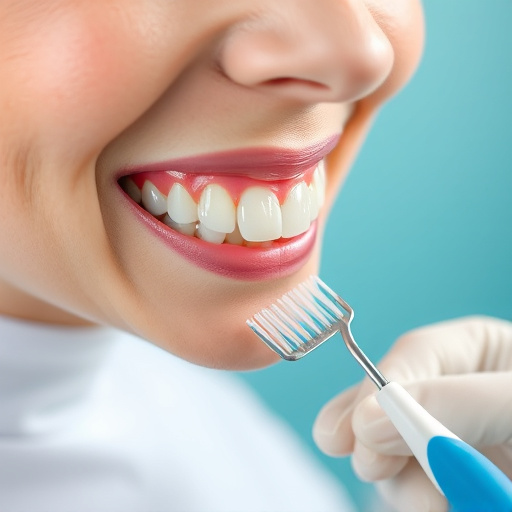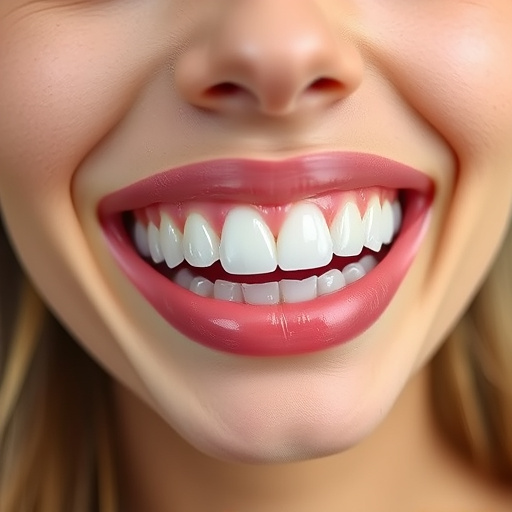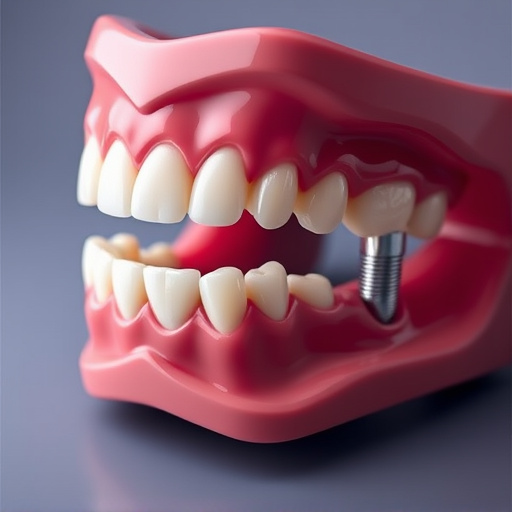Night guards for grinding are an effective solution to protect teeth and jaws from bruxism, reducing dental wear, chip repairs, and TMJ disorders. Custom-fitted guards prevent frequent dental crowns and offer comfort, durability, and advanced features like temperature-sensitive materials. Investing in a high-quality night guard proactively mitigates grinding's effects, improves sleep quality, and may prevent future extensive dental procedures.
Grinding your teeth at night, known as bruxism, can lead to significant discomfort and jaw joint disorders like TMJ. A night guard for grinding is a custom-fitted mouthguard designed to protect your teeth and alleviate pain associated with this condition. This article explores the role of night guards in managing bruxism and highlights their combination with TMJ devices for comprehensive treatment. We’ll guide you through understanding these solutions, choosing the right fit, and achieving optimal relief from grinding-related issues.
- Understanding Night Guards for Grinding
- TMJ Devices and Their Role in Treatment
- Choosing the Right Night Guard for Optimal Relief
Understanding Night Guards for Grinding
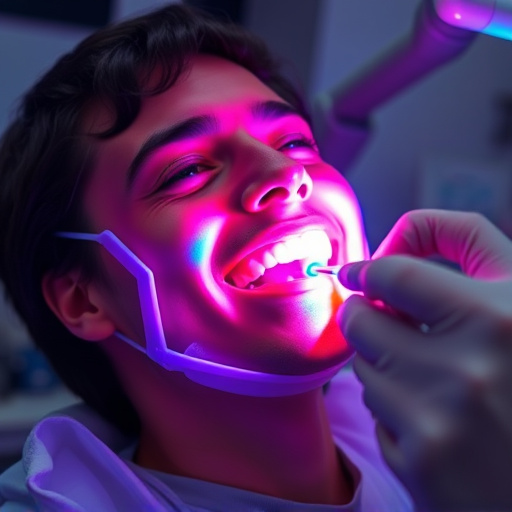
Grinding your teeth at night, also known as bruxism, is a common yet disruptive sleep disorder. It can cause significant wear and tear on your teeth and even lead to tooth extractions if left untreated. Fortunately, a night guard for grinding, also called a dental guard or occlusal splint, is an effective solution. This custom-fitted appliance is designed to protect your teeth and jaws from the forces generated during grinding episodes, effectively reducing damage.
Night guards are particularly important because they prevent the need for frequent dental crowns, which can become necessary when teeth are severely damaged by bruxism. By wearing a night guard while sleeping, you can significantly reduce the risk of tooth wear, chip repairs, and even temporomandibular joint (TMJ) disorders. Many people seek help from family dentistry professionals to get their night guards tailored to their unique needs, ensuring comfort and optimal protection for a peaceful sleep.
TMJ Devices and Their Role in Treatment

TMJ devices play a crucial role in the treatment of bruxism, commonly known as teeth grinding, especially when combined with night guards for grinding. These devices are designed to manage the symptoms associated with Temporomandibular Joint (TMJ) disorder, which is often responsible for excessive grinding and clenching during sleep. By addressing TMJ issues, these treatments can significantly reduce the wear and tear on dental fillings and even prevent the need for emergency dental care in some cases.
For those seeking long-term solutions, cosmetic fillings or other advanced restorative options can be considered after initial treatment with a night guard and TMJ device. This multi-faceted approach ensures that not only is the grinding habit addressed, but also any resulting damage to teeth and gums is effectively managed, providing a holistic solution for patients suffering from bruxism.
Choosing the Right Night Guard for Optimal Relief

Choosing the right night guard for grinding is paramount to achieving optimal relief and enhancing your overall dental health. It’s important to note that not all night guards are created equal. When selecting a protective device, consider factors such as material, fit, comfort, and durability. Opting for a high-quality night guard tailored to your teeth can significantly reduce the impact of bruxism, or tooth grinding, during sleep. This is particularly crucial if you’ve been struggling with Temporomandibular Joint (TMJ) disorders, as a suitable night guard can complement restorative dentistry procedures like cosmetic fillings and contribute to comprehensive dental care.
Additionally, exploring advanced options designed for optimal performance can make a world of difference. Some modern night guards incorporate innovative features, such as customizable comfort levels or temperature-sensitive materials, to enhance wear comfort and effectiveness. By investing in a well-designed night guard, you take a proactive step towards mitigating the detrimental effects of grinding habits, ensuring better sleep quality and potentially saving you from more extensive dental procedures in the long run.
In conclusion, a night guard for grinding is often prescribed alongside TMJ devices as part of a comprehensive treatment plan. By understanding the role of both and choosing the right night guard, individuals can achieve optimal relief from bruxism-related discomfort. TMJ devices and custom-fitted night guards work synergistically to protect teeth, alleviate stress on the temporomandibular joint, and promote better sleep quality.

